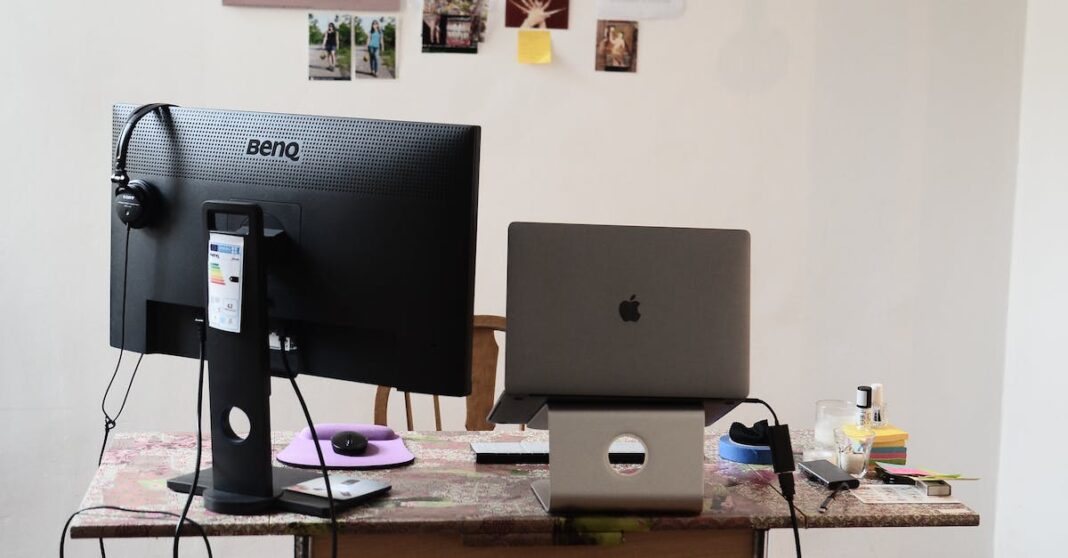If you and your family have found yourselves buried in financial debt, one of the first things that come to mind is filing personal bankruptcy. A bankruptcy filing may seem like a life preserver, but it has its drawbacks. Continue reading to learn more about filing personal bankruptcy, and to see if it makes sense for you.
Laws regarding bankruptcy vary by state, so you need to find a lawyer that can walk you through the entire process and help keep your rights protected. In several cases, you can keep your car and your home, but it’s your attorney that will tell you what rights you have, what you can keep, and what you will need to surrender.
Ask yourself if filing for bankruptcy is truly your best option. There are other options available, such as credit counseling for consumers. Your credit score will be forever effected by bankruptcy, which is why you should do everything else in your power to resolve matters first.
Watch your lawyer fill out your paperwork carefully. They, most likely, have multiple cases going on at the same time and may not be able to keep up with every detail of your case. Be sure to carefully read all of that paperwork, in order to make sure that everything is filled out correctly.
Look for a bankruptcy lawyer that comes from a personal recommendation instead of someone random on the Internet or in the yellow pages. Although you may find a good lawyer through an advertisement, you can simply find a much better lawyer if the lawyer is recommended to you by someone who has gone through the process and who has the inside track on the lawyer’s true capabilities.
Before meeting with a lawyer, start compiling all of the documentation and paperwork you will need to provide an accurate picture of your finances. Gather six months’ worth of pay stubs, bank statements, bills and credit card statements. Create a list of property and assets that you own. Having this entire information ready from the beginning can save you trouble when it’s time to file.
Know what debts can be forgiven. You may hear that you have to pay a certain debt, and that it cannot be discharged, but that information will usually be coming from a bill collector. Student loans and child support and a few other debts cannot be discharged, but most others can.
Do not file for bankruptcy if your income is greater than your bills. Although you may see bankruptcy as a free pass to eliminate your debt, if you can slowly whittle away at your debt with your income, it will be much better than killing your credit score with a bankruptcy filing.
Do not hide assets while you are preparing to go through a bankruptcy. It may be tempting to take a home and/or other property and place it in a spouse’s name, but if you get caught doing that you will face charges for fraud. The penalties being jail time and/or fines.
Pick the right time to file. They say timing is everything, and this rings true when filing for bankruptcy. In some cases, you should file for bankruptcy right away, but in others, there may be reasons why filing quickly would be a bad idea. Speak with a bankruptcy lawyer to discuss the proper timing for you to file bankruptcy.
You should never feel shame for needing to file for bankruptcy. For many people, bankruptcy is a source of guilt and feelings of worthlessness. These feelings can cause you to make rash decisions and cause psychological problems. A good way to deal with bankruptcy is to make sure that you keep a stiff upper lip.
As you are heading towards a bankruptcy filing, don’t be tempted to run up cash advances on your credit cards in the belief they will be erased in the legal proceedings. That is considered fraudulent behavior, and you can still have to pay the credit card back, bankruptcy or no.
Prior to filing for personal bankruptcy, take care to not make withdrawals from your retirement accounts, IRA’s, or 401k’s. You may think you are doing the right thing to free up money, but often these types of accounts are protected from any bankruptcy proceedings. If you withdrawal the money, you may be opening it up to any bankruptcy action.
Make sure that filing for personal bankruptcy is the only option available to you. Some people are able to fix their debt with credit counseling. This is a decision that will make a large impact on your everyday life, so don’t just hastily jump into filing for bankruptcy, know what you are doing!
As you can probably see, there are quite a few things to think about before deciding on a bankruptcy filing. Assess your personal financial situation and the types of debts you have, because not all types of debt are able to be discharged. With a little bit of homework, you can find out whether personal bankruptcy is the right solution for you.



